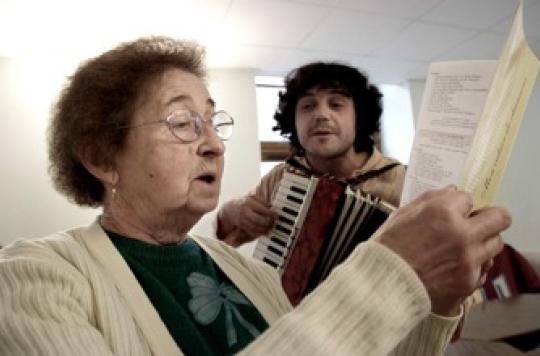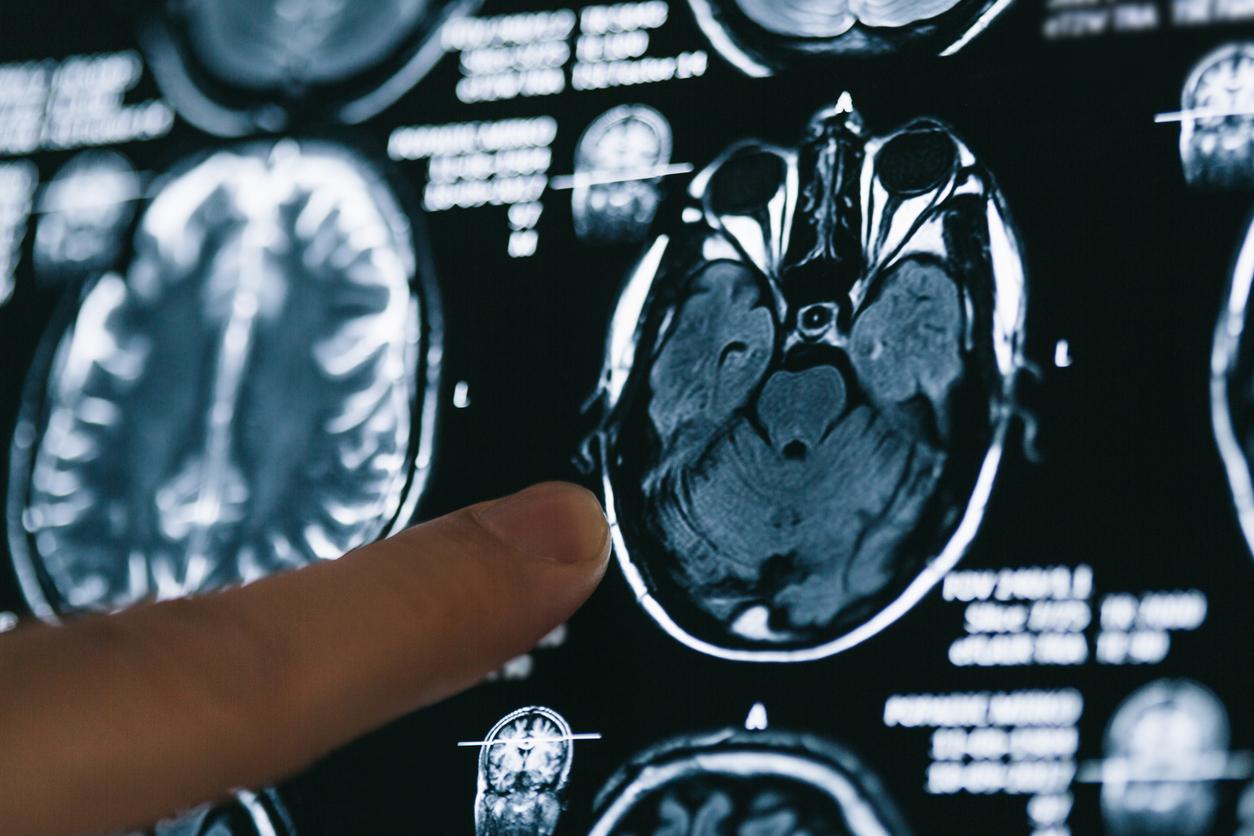Playing an instrument, dancing, singing… Music therapy brings many benefits to sick patients, especially in cases of cognitive decline.

Dance or sing to fight against Alzheimer’s disease. Practicing musical activity is beneficial for the brain, researchers said on February 11. Invited by Sacem, the society of authors and composers, to a round table on music therapy, Hervé Platel and Emmanuel Bigand recalled the benefits of music therapy for cognition.
Stimulation of the “heart” of memory
“Music does not activate one area, but several regions of the brain,” explained Hervé Platel, professor of neuropsychology and researcher at the Institute for Health and Medical Research (INSERM). His work has made it possible to draw up a cerebral “cartography” of memory stimulated by music. Both hemispheres are involved, but above all a part that plays a key role in memory: the hippocampus. Professor Platel observed that it is hypertrophied in musicians.
The music therapy experience continued in an accommodation facility for dependent elderly people (EHPAD), not far from Caen (Calvados) where he teaches. There, in partnership with INSERM, he launched workshops to learn new songs. Some patients are able to retain the melody, or even the lyrics, after several work sessions.
Slow cognitive decline
How to explain it? “Music transforms the brain by increasing certain areas”, according to Emmanuel Bigand, from the CNRS 5022 research unit. For twenty years, he has been studying the link between music and cognition. He notably observed the slowing of cognitive decline in patients with Alzheimer’s disease.
The many benefits of music therapy
But music therapy has much wider applications. For example, studies have shown that child musicians perform better in school than others, or that cognitive decline in younger seniors is reduced. It is also used in the context of chronic pain, such as fibromyalgia or chronic low back pain.
Why actor reported in July 2012 the story of Claudine Comolli, suffering from fibromyalgia. Thanks to music therapy, she had managed to get rid of opioid painkillers. This is also what Melody Gardot experienced, a famous jazz singer, who resorted to music therapy after a serious car accident. The experience allowed him to recover from physical (sight problems, chronic pain) and psychological after-effects.
.

















